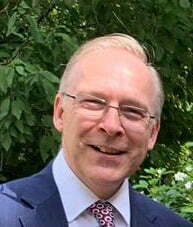Foundations of professionalism – First submission
My first assignment, following the initial module on the EdD programme – Foundations of Professionalism – has now been submitted. This was a personal reflection on professional identity, focusing on a range of issues in professional life. A key framework that I used was Cunningham’s explanation of a “critical incident” (Cunningham, 2008). I also used the work of Lave and Wenger (1991) – legitimate peripheral participation – too complex to summarise here, but involving the social situations involved in learning.
I used a simple diagram in my assignment to draw together aspects of professionalism (for me, as a head teacher).
Many professionals will understand that identity is “unstable and constantly changing” (Amott, 2018) and I set that in context of our ever-changing English education system. Since the 2010 Academies Act our school system has changed and 41.6% of schools are now academies (DfE, October 2019).
I’m now turning my attention to the next assignment – Methods of Enquiry – designing a research study and undertaking a literature review. I’ve started my reading to enable me to find my position within the literature. This will be around governance or governance structures in multi-academy trusts. More thoughts on that shortly!
References
Amott, P. (2018). Identification – a process of self-knowing realised within narrative practices for teacher educators during times of transition. Professional Development in Education, 44(4), 476–491. https://doi.org/10.1080/19415257.2017.1381638
Cunningham, B. (2008). Critical incidents in professional life and learning. In B. Cunningham (Ed.), Exploring professionalism (pp. 161–189). Institute of Education, University of London.
Lave, J., & Wenger, E. (1991). Situated learning: Legitimate peripheral participation. University Press, Cambridge UP.
Photo by Helloquence on Unsplash







Recent Comments